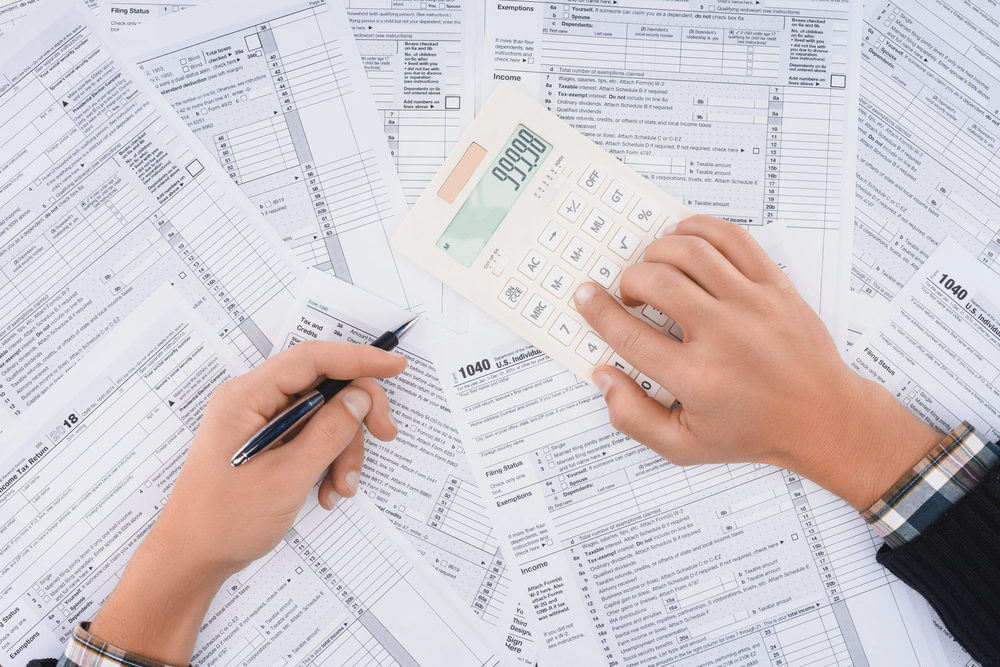Partner content
Sole trader or limited company? Your options in the Netherlands

If you are deciding to leave your job and go it alone, or start out your new life in the Netherlands as an entrepreneur, you need to start out by deciding what sort of company to begin in the first place. So what are your choices?
“People often think they can just set up a company and that is that,” says Mark Bastiaans, founder of Dutch Tax Advice, a boutique office which helps small firms and private individuals find their way through the company tax minefield. “But it is a lot more complex. They might simply forget that they also need a tax registration number, and to pay their tax on time, for example.”
While there are various types of companies you can set up in the Netherlands, the most common is either that of a sole trader, or ZZP’er, and a limited company, or BV.
The main reason to set up a BV is that it limits your liability. If you decide to register as a sole trader, or ZZP’er, you will be liable if things go wrong. “If you end up with debts, for example, you could end up going bankrupt privately, and that is not a good thing,” says Mark. “A BV shields you against that. But it also has tax advantages, depending on how much you earn as well as other factors.”
A BV or ZZP?
If you are big enough to have personnel, for example, then it makes more sense to be a BV. There is, says Mark, a tipping point which is difficult to calculate and depends on a lot of different conditions.
As a BV owner, you are employed by your company. Being employed enables you to claim the tax break if you earn enough and meet the other rules such as being hired, or having been hired, from abroad.
“You can say roughly that a BV starts making sense tax-wise from a profit level of €100,000,” he says. “If you are eligible for the 30% ruling though, the tipping point is much lower.”
Investment
To start a BV you only have to invest a token €1, but this is something Mark often advises against. “It’s good to have enough money in your BV to cover your first expenses,” he says. “So if you think you are going to need to spend €10,000 to get up and running, then we would say put that into the company plus a bit more.”
It is important not to forget that as a BV owner, you have to be paid a formal salary, and your BV will have to pay social insurance premiums on your behalf. There are also salary requirements you need to comply with. “You have to earn at least €56,000 on a full-time basis, but that can be reduced if you work part-time,” Mark says. “But remember, you need to be able to pay yourself.”
One other issue people need to take into account is new legislation which the government is implementing to stamp out sham self-employment. The DBA legislation is complicated and as yet there are still a lot of uncertainties about how it will be enforced. But it is worth talking to your tax advisor about how you go about your work, to make sure that your relationship with your clients meets the conditions to be considered true self-employment.
Total service
Dutch Tax Advice offers its clients who want to start a BV the complete package, including a notary, and payrolling services to cover salary administration. “We’ll deal with the quarterly value-added tax returns, the annual accounts and report and lodge the necessary balance sheet with the Chamber of Commerce,” says Mark. “We can also file the owner’s personal tax return as well.”
The bottom line, says Mark, is that it is all about trust. “We like to meet our clients first and find out what they are like. Our clients are handing over a lot of personal information to us. And both sides need to know who they are dealing with.”
You don’t have to wait until you have moved to the Netherlands to get things rolling and set up a BV. Mark and his team can help you get things ready before you actually get here. Contact Dutch Tax Advice for more information.
Thank you for donating to DutchNews.nl.
We could not provide the Dutch News service, and keep it free of charge, without the generous support of our readers. Your donations allow us to report on issues you tell us matter, and provide you with a summary of the most important Dutch news each day.
Make a donation